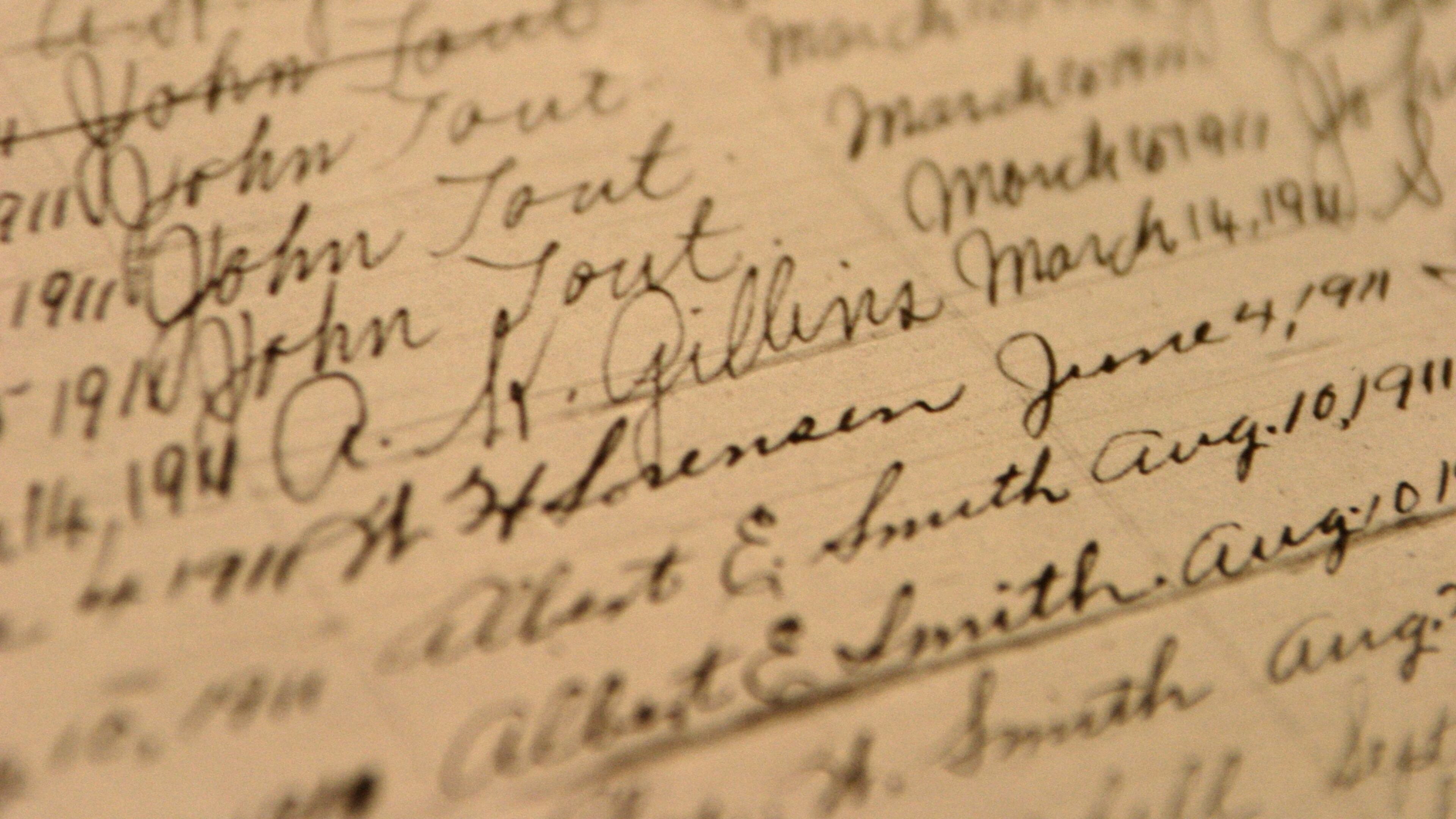U.S. census could contain valuable information for genealogists

The United States has been taking a population census since 1790, authorized by the U.S. Constitution in order to apportion the House of Representatives.
Until 1840, only the names of the heads of household were recorded. But, fortunately for genealogists, over the years more and more information was included. In 1850, following the British model, census takers began listing the names of all members of the residences, as well as including age, sex, place of birth and, for men, occupation. They also began taking separate agricultural schedules for farmers — detailing the number of farm animals, soil crop production and the value of poultry and dairy products — and a slave schedule, only listing the slave owner and the age and sex of the slaves, no names.
In 1880, they began listing parents’ places of birth, and in 1900, whether residents were naturalized or not. In 1900, they also asked how many years a couple had been married. A woman was asked how many children she had borne, and how many were still living. While the census data is published, the actual names and personal information is not made available to the public until after 72 years, thus 1940 is the last census open. The 1890 census was lost in a fire in 1921. For Georgia, the census information for 1790 through 1810 was also lost. Still, we are lucky to have the census, as many countries have either not saved the personal information, or not made it public as quickly. All U. S. census information is available on Ancestry.com and other sites. There are published indexes in many genealogy collections, and state archives that can be useful if you cannot find your family in the online indexes.
Disaster Planning for your Personal Records subject of Lunch and Learn
“Disaster Planning for your Personal Records” is the Georgia Archives Lunch and Learn topic for July 13. Georgia Archives Electronic Records Manager Christine Garrett will be the speaker. It starts at noon and is free, but bring your own lunch. For further information, check GeorgiaArchives.org or call 678-364-3710. This could be an important lecture for anyone who has done research or inherited important materials.
South Carolina Genealogy Society Summer Workshop
The South Carolina Genealogical Society’s summer workshop will be July 13-14 at the South Carolina Archives in Columbia. The featured speaker is Judy G. Russell, the legal genealogist. Others will speak on DNA, the law and genealogy, methodology, Native Americans, African-American research, CSI-Dixie, and South Carolina records. Costs vary as pre-registration is over. To register and see the full program, go to scgen.org.
Contact Kenneth H. Thomas Jr., P. O. Box 901, Decatur, GA 30031 or gagensociety.org.

